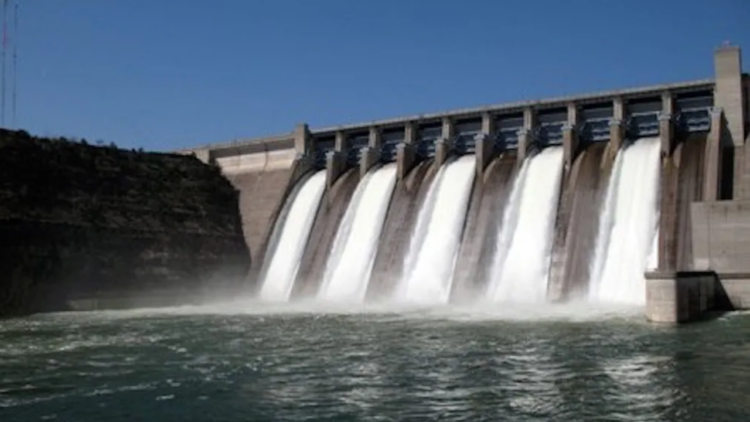
Hydropower has been identified as the most economical source of electricity in Nigeria, with a charge of N3.67 per kilowatt-hour (kWh) in 2023 electricity invoices.
This information comes from a recent report by Electricity Market and Rates Consultants (EMRC) Limited.
According to the report, hydropower plants offer the cheapest electricity in Nigeria. In comparison to the industry average of 17.69 N/kWh from all generation plants, hydropower plants charged a significantly lower energy tariff of 3.67N/kWh.
The report also highlights the potential risk faced by states that develop their own grids, as they may miss out on the benefits of cheaper electricity from hydropower plants.
In Nigeria, hydropower is a significant source of electricity and currently has three on-grid power plants contributing to the total installed capacity.
The report from EMRC emphasises that seasonal changes and operational factors influenced the output of these plants in the fourth quarter of 2022, resulting in an output of 1,316 megawatts (MW).
However, the Nigerian Electricity Regulatory Commission (NERC) stated in its Q1 2023 Electricity report that hydropower generation in the country is hindered during the dry season. The report mentions outages at the Shiroro hydropower plant in Q1/2023 due to water management requirements to maintain its reservoir during the dry season.
The report also indicates that the capacity of the Dadin Kowa, Jebba, and Kainji hydro plants decreased in Q1/2023 compared to the previous quarter. On the other hand, the Shiroro plant experienced a significant decrease in capacity during the same period.
To address the challenges faced by electricity providers in states with a high population of poor residents, the EMRC report recommends considering each state’s socioeconomic characteristics when developing strategies and regulations for market involvement.
This approach would help tailor solutions to address cost concerns, improve energy access for disadvantaged communities, and establish long-term models for power distribution and consumption.